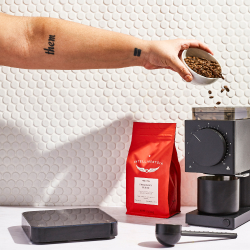The delicate balance of health and wellness often hinges upon our understanding of the substances we ingest. From everyday foods and drinks to prescription medications, it’s crucial to comprehend how these components interact within our bodies. This is particularly true for individuals taking prescribed medications, where other substances can impact the drug’s effectiveness. In this comprehensive guide, we turn our focus towards Plavix and coffee, two commonly consumed substances that can significantly impact cardiovascular health.
Plavix, also known by its generic name clopidogrel, is a common medication prescribed to individuals who have suffered a heart attack or stroke. Its primary function is to prevent blood clots, a task it achieves remarkably well. However, like all medicines, it doesn’t exist in isolation. The foods and drinks we consume can alter its function, either enhancing its effectiveness or possibly causing harm.
Coffee, a staple in many of our daily routines, is one such beverage that may interact with Plavix. It’s a complex brew of many compounds, the most famous of which is caffeine. This invigorating substance keeps us alert, but what effect might it have on a medication like Plavix?
In “Plavix and Coffee: A Comprehensive Analysis of Their Interplay for Healthier Living,” we explore the scientific and medical research around these substances. We delve into how they interact, potential risks and benefits, and important guidelines for those balancing Plavix therapy with their love of coffee. By the end of this guide, we aim to provide you with reliable health information to ensure safe consumption habits. As we embark on this informative journey, remember that understanding our consumption is a proactive step towards better health and wellness.
Plavix and Coffee: Key Takeaway
- Plavix and Coffee Interaction: Research suggests that a high intake of coffee, specifically caffeine, may influence the effectiveness of Plavix. It’s critical to moderate coffee consumption while on Plavix.
- Decaf as a Safe Option: For individuals particularly sensitive to caffeine or who consume coffee in large amounts, switching to decaf can be a safer choice when taking Plavix.
- Patient Experiences and Coping Strategies: Real-life experiences of patients reveal that adjusting coffee habits, such as blending regular and decaf coffee, can help navigate the potential implications of Plavix and coffee.
- Open Communication with Healthcare Providers: Always consult your healthcare provider before making significant changes to your lifestyle or medication routine. They can provide personalized advice based on your health condition and lifestyle.
- Healthy Habits for Safer Consumption: Taking Plavix consistently, moderating coffee intake, monitoring your body’s reactions, and going for regular check-ups can help ensure safe and effective management of your health while on Plavix and enjoying coffee.
Unraveling Plavix (Clopidogrel): A Deep Dive
Plavix, or clopidogrel, has been a crucial ally in cardiovascular care for decades. Understanding its mechanism, uses, and potential side effects is key to appreciating the importance of its interaction with other substances, such as coffee. Let’s explore this in more detail.
Overview of Plavix: Its Uses and Side Effects
Plavix, known generically as clopidogrel, is an antiplatelet medication. As discussed earlier, it prevents blood clots by inhibiting the clumping of platelets—tiny blood cells that play a crucial role in blood clot formation. This function makes Plavix invaluable for people with certain heart or blood vessel conditions or those who’ve had a recent heart attack or stroke. (1)
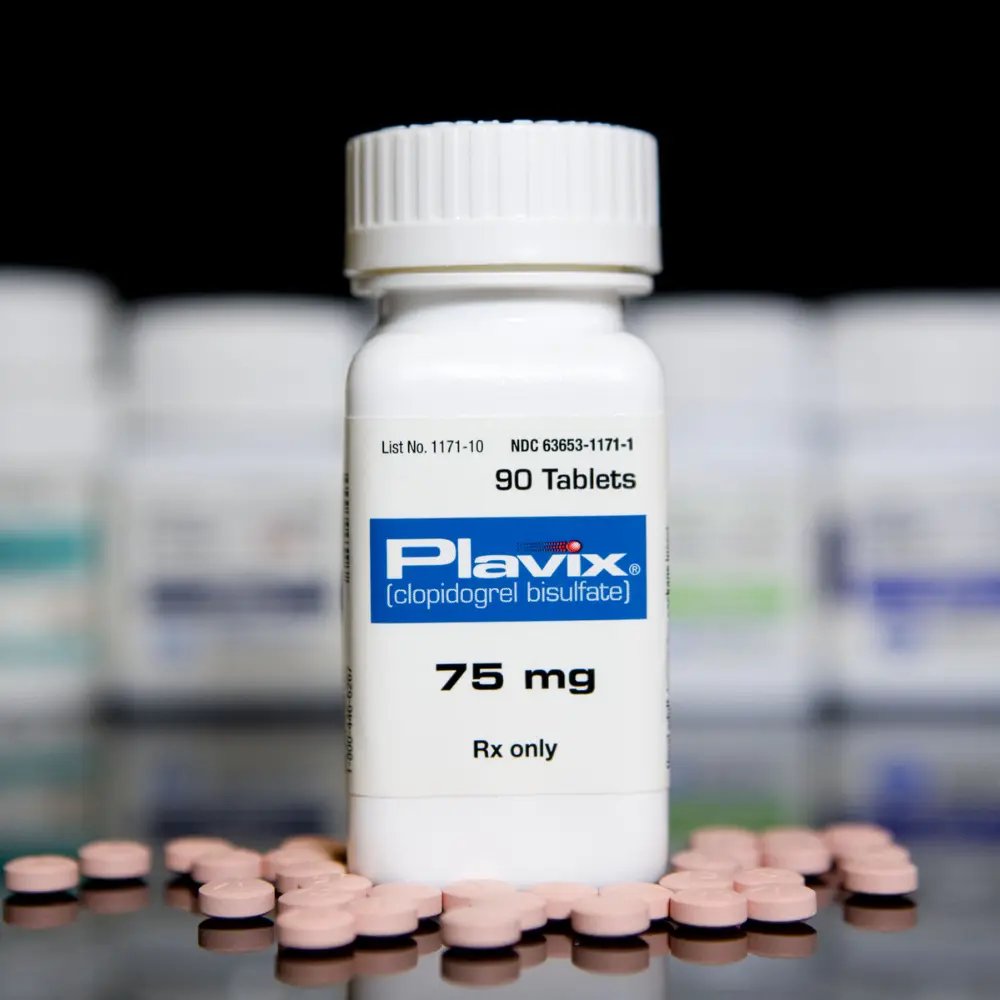
Despite its benefits, Plavix, like any medication, can have side effects. These can range from minor discomforts like itching or rash to more serious issues such as chest pain, unexpected bleeding, or shortness of breath. Although these severe side effects are relatively rare, it’s crucial to be aware of them and to consult with a healthcare provider if they occur. (2)
The Pharmacology of Plavix: How It Works
Plavix’s effectiveness lies in its ability to inhibit platelet activation and aggregation, reducing the potential for blood clots to form. It achieves this by blocking a receptor called P2Y12 on the surface of platelets. (3) When this receptor is blocked, it prevents a series of chemical reactions inside the platelet that would typically lead to clot formation.
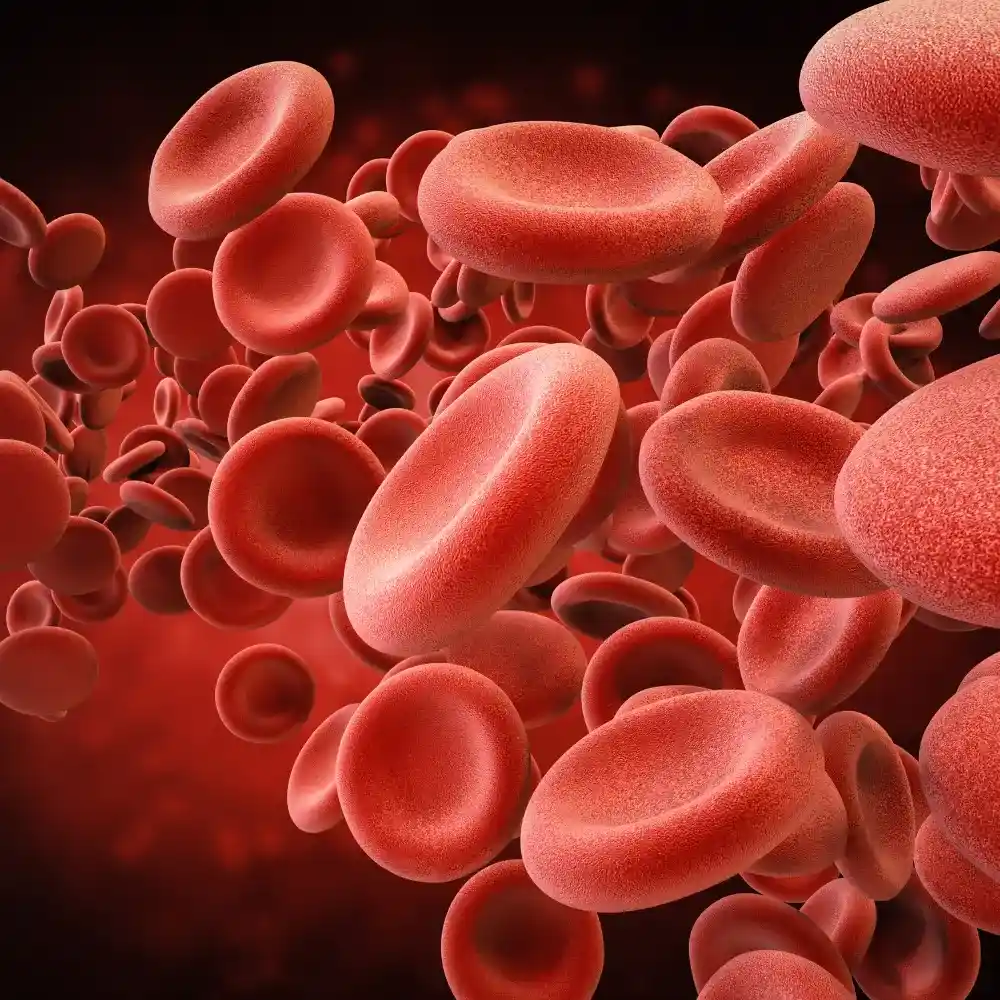
This drug is a prodrug, meaning it’s inactive when first consumed and needs to be metabolically converted to its active form in the liver. (4) Genetic factors and interactions with other substances, including dietary compounds, can influence this process, thus potentially affecting the drug’s efficacy.
The Role of Plavix in Cardiac Health
In the realm of cardiac health, Plavix serves a significant role. For patients who have had a heart attack, stroke, or have been diagnosed with peripheral artery disease (PAD), Plavix can be a lifesaver. It is also often prescribed to patients following the placement of a stent in an artery to prevent clot formation at the stent site.

By inhibiting the formation of clots, Plavix reduces the risk of these dangerous health events. It’s a cornerstone of secondary prevention strategies aimed at reducing the risk of recurrent heart attack or stroke.
Despite its significant role, the effectiveness of Plavix can be influenced by a host of factors, including other substances that we ingest. One of the most common of these substances is coffee. The following sections will delve into the details of how coffee may interact with Plavix, exploring the potential risks and benefits.
The Caffeine Effect: The Science Behind Coffee
Coffee is an intricate blend of compounds that extend far beyond just caffeine. It has a profound influence on our bodies and minds and plays an integral part in the lives of many. But what happens when it meets certain medications like Plavix? Let’s demystify the science behind coffee and its effect on our health.
Coffee and Its Components: Beyond Just Caffeine
While caffeine often takes the limelight when discussing coffee, this beloved beverage is more than just a caffeine delivery system. It’s a complex mixture of over a thousand different compounds, including antioxidants like chlorogenic acids, essential nutrients like B vitamins and minerals, and numerous other chemicals that contribute to its flavor and aroma. (5)

Caffeine, the central nervous system stimulant, is the most recognized and active component. Its effects can vary depending on its interaction with other substances in the body. For instance, there has been considerable interest in understanding how the caffeine in coffee may influence the function of medications like Plavix and even the impact of Plavix and decaf coffee on health.
Health Benefits and Risks of Regular Coffee Consumption
A wealth of research supports the health benefits of coffee, linking moderate consumption to a reduced risk of diseases such as Parkinson’s, Alzheimer’s, type 2 diabetes, and liver disease. (6) Some studies even suggest that coffee drinkers may have a slightly lower risk of death from heart disease.

However, it’s not all good news. Regular coffee consumption can lead to caffeine dependence, and high intake can cause issues such as sleep disturbances, anxiety, and digestive problems. Moreover, it’s also essential to consider the potential interaction of coffee with medications like Plavix, which can lead to unforeseen health impacts.
Coffee’s Effect on the Cardiovascular System
While coffee’s impact on the cardiovascular system is complex and influenced by several factors, it’s generally considered safe for most people in moderate amounts. The caffeine in coffee can cause a short-term increase in heart rate and blood pressure. However, regular drinkers develop a tolerance for these effects. (7)
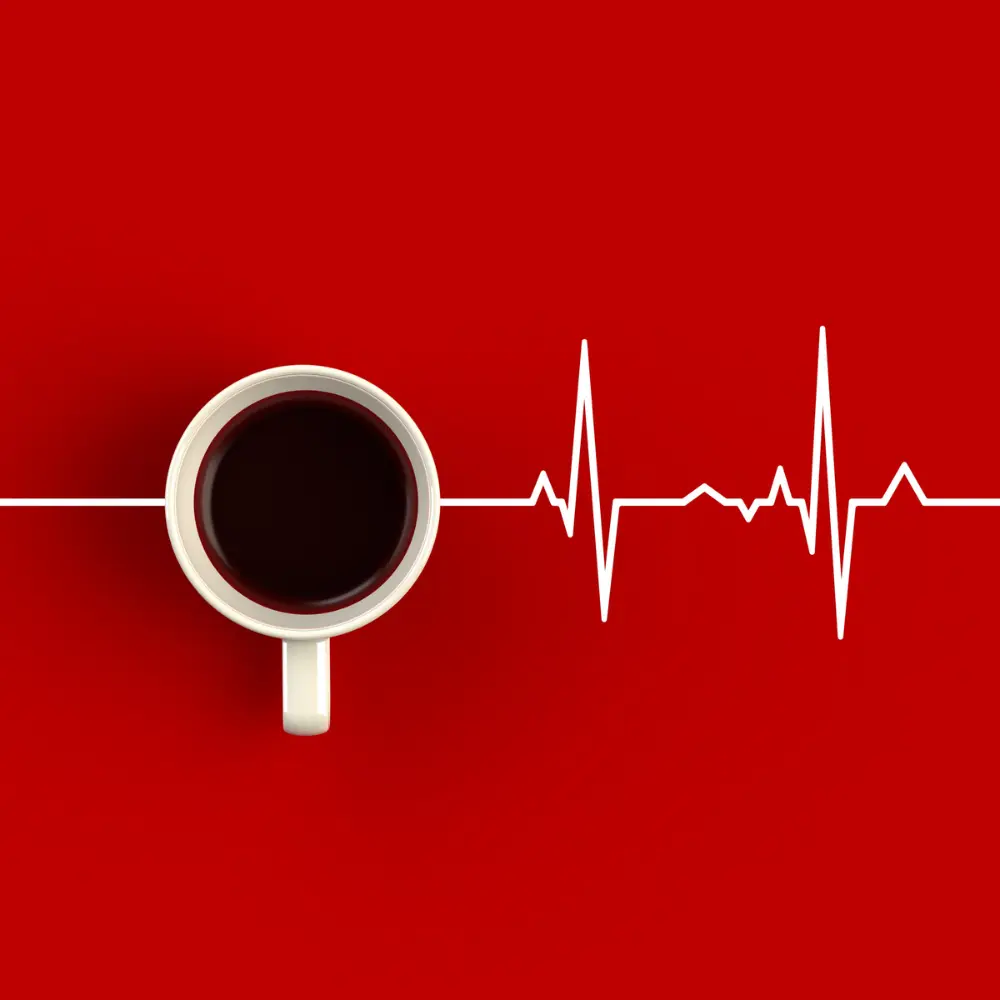
Antioxidants in coffee may also reduce inflammation in the cardiovascular system, potentially reducing the risk of heart disease. But what happens when a coffee drinker is also taking Plavix? The interaction is not fully understood, and current research is exploring the impact of coffee, including both caffeinated and decaf options, on the effectiveness of Plavix. It’s a critical question that could have significant implications for millions of people who enjoy coffee and are prescribed Plavix for their cardiovascular health.
The Intersection: Plavix and Coffee Interaction
When Plavix, a vital medication for heart health, and coffee, a beloved everyday beverage, intersect, what happens? Understanding their interaction is critical for those who rely on Plavix for their health, yet enjoy coffee in their daily routine. Let’s delve into this interaction.
Scientific Insights: What Research Says About Plavix and Coffee Interaction
The interaction between Plavix and coffee has been a topic of scientific inquiry in recent years. The liver metabolizes both caffeine, the active ingredient in coffee, and Plavix, and some studies have suggested that a high intake of coffee may influence the effectiveness of Plavix.
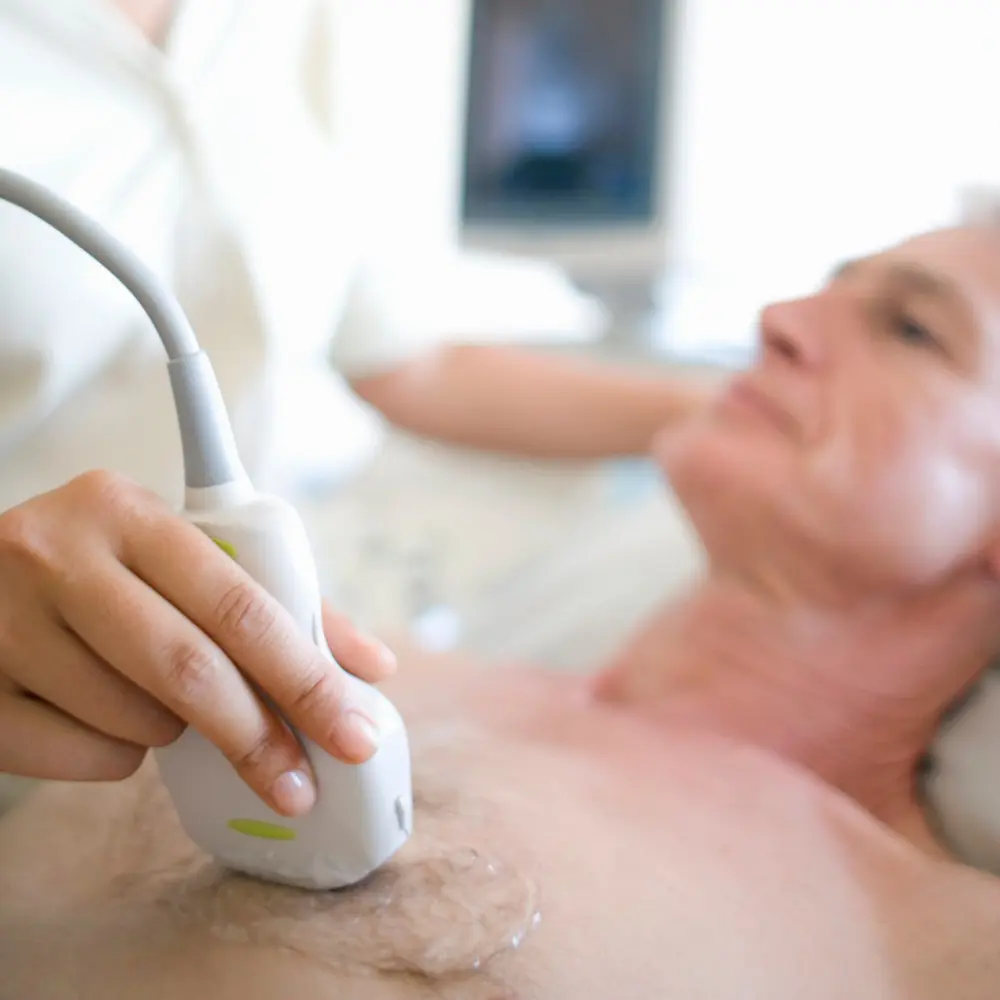
One particular area of interest is the potential impact of caffeine on the antiplatelet effect of Plavix; some research suggests that caffeine also causes a rise in platelet cAMP. (8)
In terms of Plavix and decaf coffee, given that decaf coffee has significantly lower caffeine levels, it is generally considered a safer option. However, more research is needed in this area to fully understand the potential interactions and impacts on Plavix’s efficacy.
Potential Risks and Benefits of Combining Plavix and Coffee
The risk-benefit analysis of combining Plavix and coffee needs to consider several factors. While moderate coffee consumption has been associated with some health benefits, such as reduced risk of certain diseases, it also has potential risks, particularly for those on medications like Plavix.

As mentioned before, coffee can cause a short-term increase in heart rate and blood pressure, which could potentially complicate the condition of someone with heart disease. Moreover, as we noted earlier, some research suggests that high caffeine intake might affect the antiplatelet activity of Plavix.
The benefits, on the other hand, primarily revolve around the pleasures and potential cognitive effects of coffee. For many, coffee is a cherished part of their routine, offering not only a caffeine boost but also a moment of enjoyment.
Practical Tips for Consuming Coffee While on Plavix
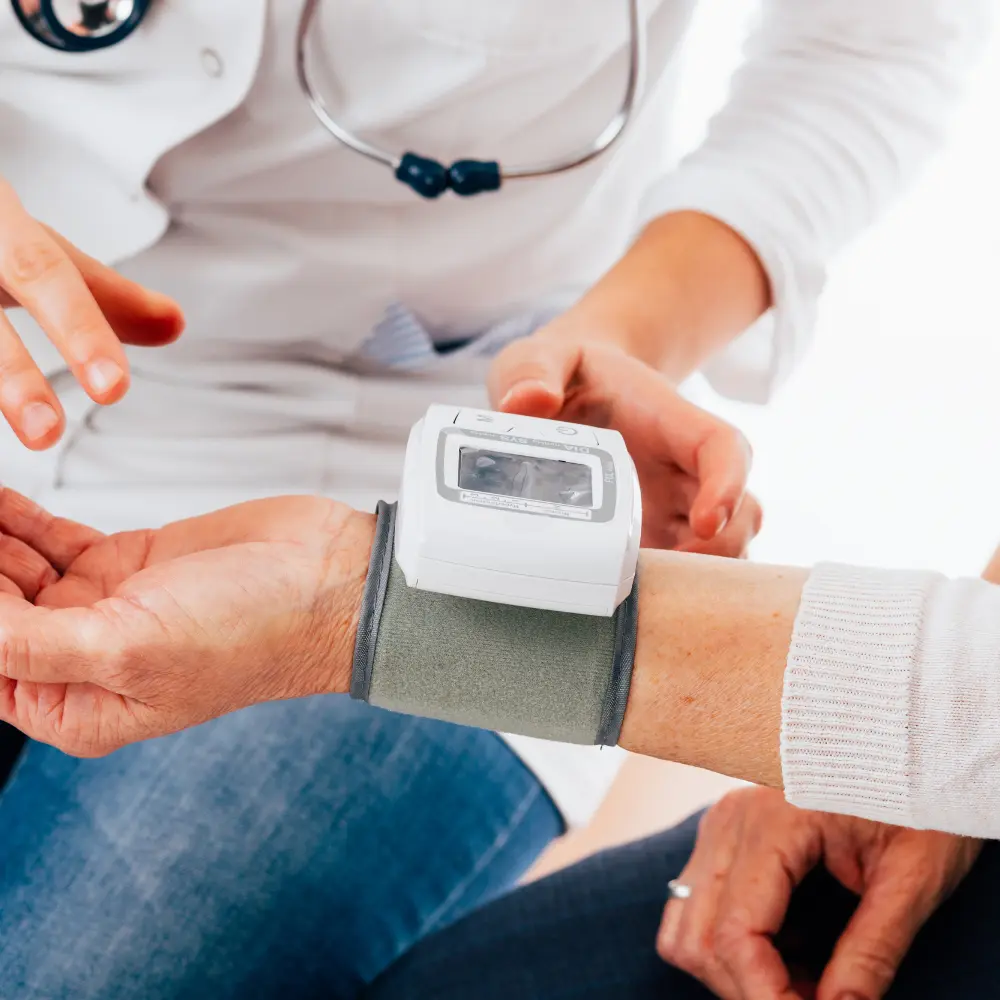
Navigating the intersection of Plavix and coffee requires practical strategies. If you are on Plavix and enjoy coffee, here are a few tips:
- Moderation is key: Try to limit your coffee consumption to a moderate level. What’s “moderate” can depend on individual factors, so it’s always best to consult with your healthcare provider.
- Consider decaf: If you are concerned about the potential interaction between caffeine and Plavix, you might consider switching to Plavix and decaf coffee.
- Monitor your body: Pay attention to how you feel after drinking coffee. If you notice an increased heart rate or higher blood pressure, it might be worth discussing with your doctor.
- Consult with your healthcare provider: If in doubt, always consult with your healthcare provider. They can provide guidance based on your specific health circumstances.
Remember, the ultimate goal is to ensure the effectiveness of your medication while maintaining the quality of life you deserve.
Understanding Plavix and Coffee: Patient Considerations
For patients prescribed Plavix who also enjoy coffee, it’s essential to understand how these two might interact. While individual experiences can vary widely, we aim to provide guidance by addressing common questions and offering strategies to manage potential side effects.
Addressing Concerns: Patient Queries Answered
One of the most common questions patients have is, “Can I still drink coffee while on Plavix?” While it’s crucial to remember that everyone’s health situation is unique, the general advice is moderation. As long as coffee consumption is not excessive, it should not severely impact the function of Plavix. However, if you’re worried about potential interactions, discuss your concerns with your healthcare provider.
Another frequent query is, “Should I switch to Plavix and decaf coffee?” Decaf coffee, with its minimal caffeine content, is generally a safe choice. But if you’re a die-hard fan of caffeinated coffee, switching entirely to decaf may not be necessary. Again, moderation is key.
Coping Strategies: How to Manage Potential Side Effects

Managing potential side effects and interactions between Plavix and coffee requires practical strategies. Here are some that patients have found useful:
- Gradual reduction: If you need to reduce your coffee consumption, try to do so gradually. This can make the process more manageable.
- Mix it up: Consider a blend of regular and decaf coffee. This way, you can still enjoy your coffee while reducing your caffeine intake.
- Regular check-ups: Ensure you’re keeping up with your regular check-ups so any potential issues can be identified and addressed promptly.
- Open communication: Be open with your healthcare provider about your habits and concerns. They can provide personalized advice based on your health condition and lifestyle.
Remember, these are suggestions based on real-life experiences. Always consult your healthcare provider before making any significant changes to your lifestyle or medication routine.
Guidelines for Safe Consumption: Navigating Plavix and Coffee Together
When it comes to medication and diet, including Plavix and coffee, understanding how to safely navigate the two together is paramount. This section will guide you through safe practices, from understanding your Plavix prescription to forming healthy coffee habits, all while maintaining open communication with your healthcare provider, as mentioned before.
Understanding Your Prescription: Tips for Taking Plavix

Before delving into the intersection of Plavix and coffee, it’s essential to understand how to take Plavix correctly. Here are a few tips:
- Consistency: Always take Plavix around the same time each day to maintain a consistent level of the medication in your body.
- Follow Instructions: Always take Plavix exactly as prescribed by your healthcare provider. Never change the dosage or stop the medication without consulting them first.
- Informed Choices: If you’re considering starting any new medication, supplement, or over-the-counter product, let your healthcare provider know, as these could potentially interact with Plavix.
Healthy Coffee Habits for Individuals on Plavix
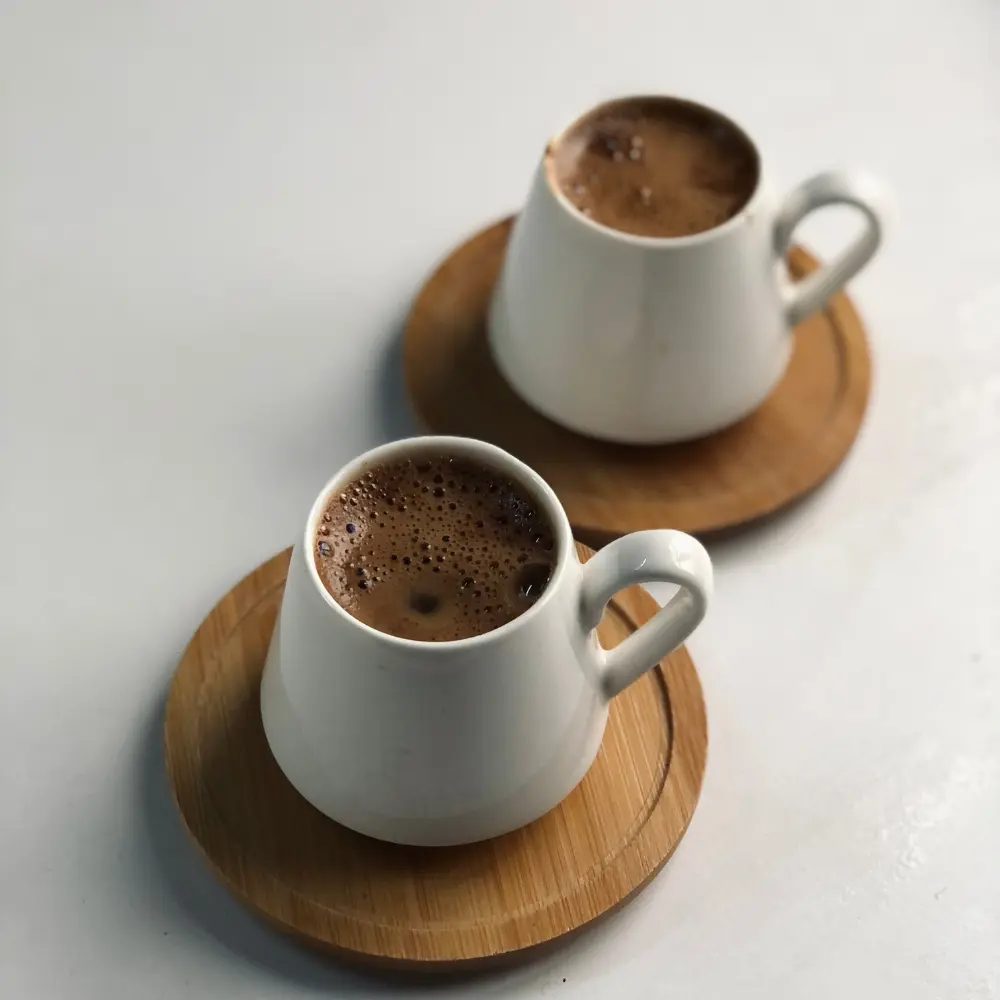
Next, let’s explore some healthy coffee habits for those on Plavix:
- Moderation: As discussed earlier, limit your coffee intake to a moderate level. What’s “moderate” can depend on individual factors, but a good starting point is usually no more than three to four 8-ounce cups a day.
- Monitor Reactions: Pay attention to your body. If you notice any unusual symptoms after drinking coffee, such as palpitations or elevated blood pressure, let your healthcare provider know.
- Decaf as an Option: If you are particularly sensitive to caffeine or consume coffee in large amounts, consider switching to decaf coffee.
Consultation and Communication: The Role of Your Healthcare Provider

In navigating the complexities of Plavix and coffee consumption, your healthcare provider plays a crucial role:
- Personalized Advice: They can provide personalized advice based on your specific health status and lifestyle. Always consult them before making any significant changes to your medication or diet.
- Updates: Keep your healthcare provider updated about your coffee consumption and any changes in your symptoms or health status.
- Regular Check-ups: Regular check-ups allow your healthcare provider to monitor your health condition and make necessary adjustments to your treatment.
Navigating Plavix and coffee together requires balance and guidance. With a clear understanding of your medication, healthy coffee habits, and regular consultation with your healthcare provider, you can ensure that you’re making safe, informed decisions for your health.
Conclusion: Navigating the Interplay of Plavix and Coffee for a Healthier Life
As we conclude our exploration into the interplay between Plavix and coffee, it becomes evident that the relationship between the two is complex, multifaceted, and highly individual. Both have significant roles in our lives – Plavix, as a life-saving medication for those with certain heart conditions, and coffee, as a cherished daily ritual for many.
What we’ve learned is that moderation is key. It’s possible to enjoy coffee, even caffeinated coffee, while taking Plavix, provided it’s consumed sensibly. For those who drink a lot of coffee, considering Plavix and decaf coffee might be a viable option.
The most crucial factor in this journey is an open line of communication with your healthcare provider. Their knowledge of your specific health condition and requirements allows them to guide you in balancing your medication with your lifestyle.
Ultimately, it’s about ensuring that you can continue to enjoy life’s pleasures, like savoring a good cup of coffee, while responsibly managing your health. It’s about finding a harmonious balance that works for you, facilitating a healthier and happier life.
The exploration of Plavix and coffee serves as a reminder that our health is influenced by a multitude of factors and that each person’s path to well-being is unique. Here’s to your health and to the delight of enjoying your next cup of coffee, whether it’s caffeinated or decaf, with the peace of mind that comes from understanding its interplay with your health.
FAQ
How does coffee affect the efficacy of Plavix?
High intake of coffee, especially caffeinated coffee, may interfere with the effectiveness of Plavix, which is why moderation is recommended.
What are the potential side effects of combining Coffee and Plavix?
Excessive coffee consumption may potentially interfere with Plavix's effectiveness, and caffeine can also exacerbate certain side effects such as increased heart rate and blood pressure.
Are there recommended guidelines for coffee consumption for individuals on Plavix?
Yes, individuals on Plavix are typically advised to moderate their coffee intake, which usually means not more than three to four 8-ounce cups a day.
What alternatives to coffee are safe for individuals taking Plavix?
Decaf coffee, herbal teas, or other caffeine-free beverages are safe alternatives for individuals taking Plavix. Always consult your healthcare provider for personalized advice.
